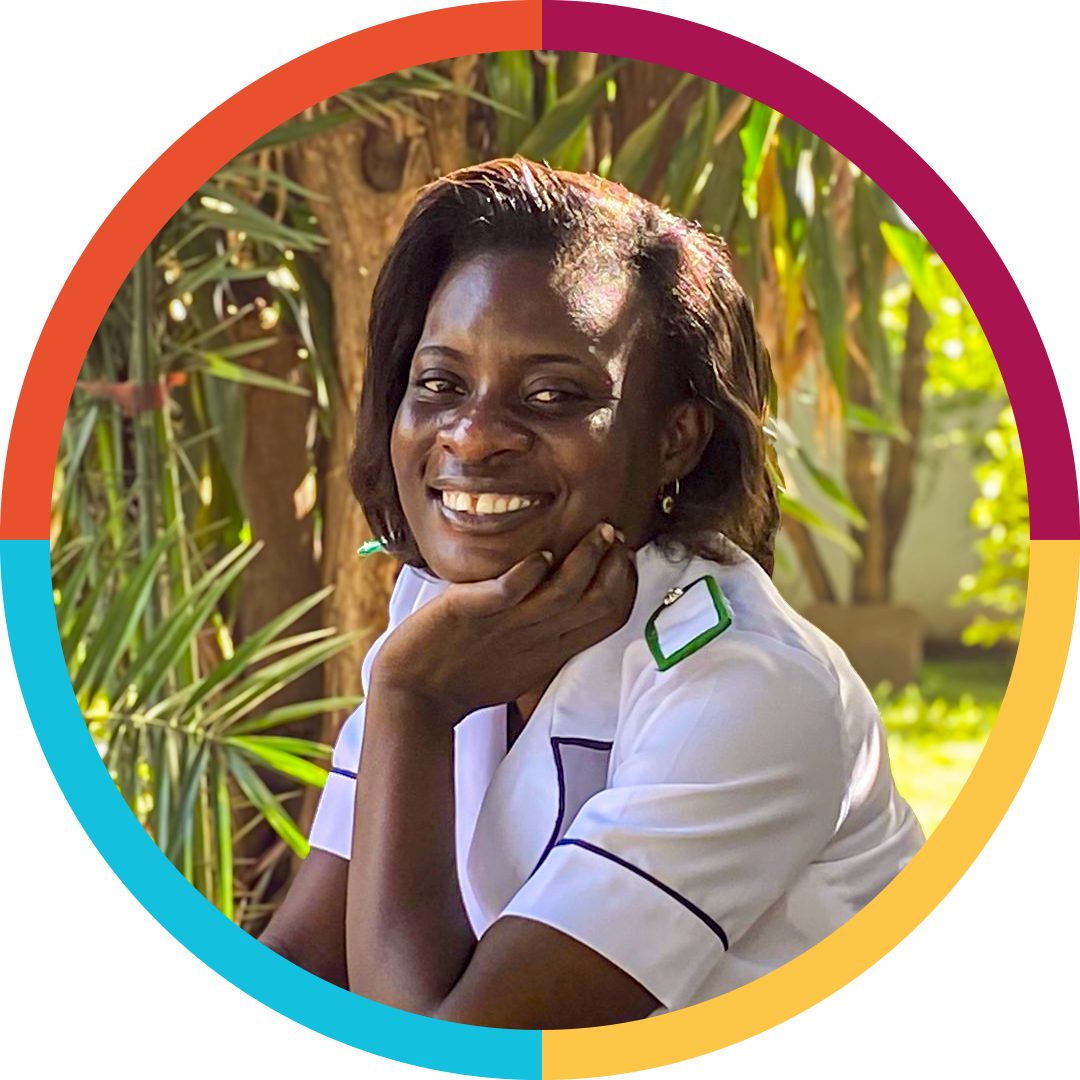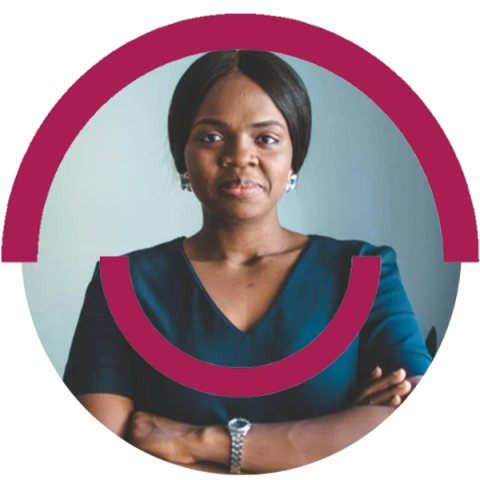I had high expectations for the World Health Organization (WHO) Global Oral Health Meeting (GOHM) held in Bangkok, Thailand, 26-29 November 2024. Nevertheless, nothing prepared me for the watershed moments I experienced. Over three and a half days, 350 people representing governments, United Nations agencies, and non-state actors, including academia, philanthropies, and industry associations, discussed the current state of oral health and identified opportunities to scale up national efforts and achieve Universal Health Coverage (UHC) for oral health for all by 2030. The GOHM, a key step in preparing for the 4th United Nations High-Level Meeting on NCDs (UNHLM) in 2025, has come and gone. Still, its origin, evolution, outcomes, and potential impact will remain key in the global oral health response.
From a single resolution to the first global meeting: the power of leadership
It all started with a resolution tabled at the 148th session of the WHO Executive Board (EB) in January 2021. On the meeting’s fourth day, Member States passed a game-changing resolution on oral health, spearheaded by Sri Lanka. It was the first resolution on oral health in 14 years, marking a shift toward addressing long-standing neglect in this area. The resolution tasked WHO with developing the Global Oral Health Strategy by 2022 and the Global Oral Health Action Plan by 2023. Through the Action Plan, Member States also asked for annual progress reports and a global meeting to accelerate its implementation.
While Sri Lanka kickstarted one of the most impactful conversations on oral health, it has remained on the global health agenda thanks to the combined efforts of champion governments, bold technical experts, and relentless advocates.
Thailand continues to share the lessons from its successful integration of oral health within its UHC programme, and it is no surprise that it successfully hosted the first-ever global oral health meeting attended by the representatives of 100 governments.
Ireland has also shown strong leadership, especially in the WHO European Region, where its national statements, along with regional statements from the EB and World Health Assembly (WHA), continue to acknowledge the importance of oral health. Furthermore, Ireland, alongside five co-sponsoring countries — Kenya, Kuwait, Malaysia, Canada, and Sri Lanka, each representing the other WHO Regions, hosted a side event at the 77th Session of the WHA in May 2024 to promote the Action Plan.
Similarly, momentum is growing rapidly in the WHO Western Pacific Region, where its 37 Member States adopted oral health as a regional priority at the 75th Regional Committee Meeting in October 2024. This array of leadership actions can only mean one thing – there is a real opportunity to prioritize oral health in national NCD and UHC programmes, and rightly so.
Oral diseases affect 3.5 billion people worldwide, causing loss of productivity, pain, disfigurement, severe illnesses, and, in some cases, death. Oral healthcare is among the most unmet healthcare needs globally, primarily due to the unaffordability of the most basic and essential oral care. Also, oral diseases commonly cluster with the other NCDs. Therefore, preventing oral diseases is key for overall health and well-being.
Bangkok Declaration – a lighthouse, a call-to-action and more
The highlight of the meeting was the adoption by governments of the Bangkok Declaration – No Health Without Oral Health. The declaration means different things to different people, but one description by Alberto Domingo, a senior health official from the Philippines, stands out. He described the Bangkok Declaration as a “lighthouse,” providing context and reference material for oral health focal points as they make the case for stronger oral health policies and regulations. I could not agree with him more! Also, the declaration’s ambitious commitments are a springboard for advocacy, especially ahead of the UNHLM.
I encourage you to read a comprehensive report on FDI’s participation at the GOHM.






